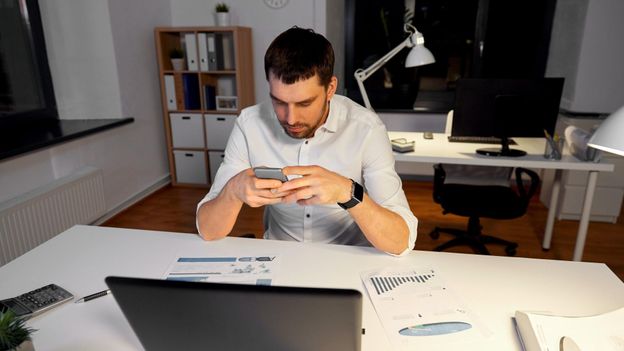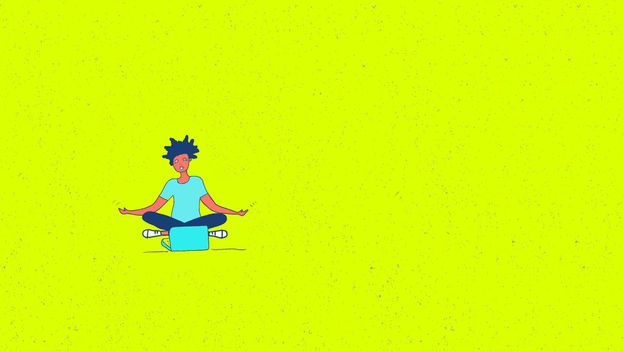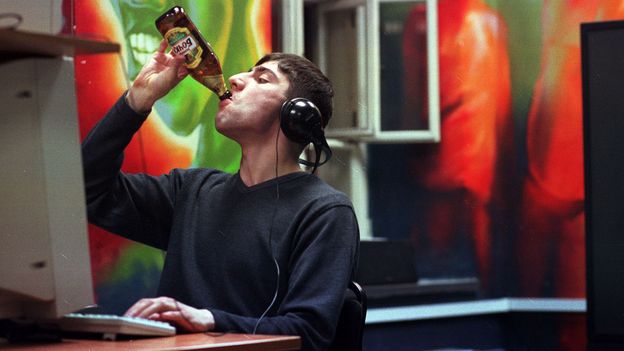Yet in the last year, since he’s been responsible for his own remote work efficiency, Weatherhead has found himself discarding most of these technologies and “reverting back to a good old-fashioned task list”, using a pen and paper. “I realised that some of the tools were actually unproductive. I was breaking tasks down into minutiae just so that there were more things to move into the ‘done’ column. I’ve sold my Apple watch and ditched all of my life trackers. I know whether I’ve had an efficient or effective day, and I don’t need technology to tell me.”
Sandra Bond Chapman, a cognitive neuroscientist at the Center for BrainHealth at the University of Texas, Dallas, believes that the fundamental shifts caused by the pandemic could permanently change the way people like Weatherhead view productivity.
“Before the pandemic people were 24/7 non-stop on the go,” she says. “People are now stepping back and thinking about the qualitative aspects of being productive over the quantitative… Instead of how many things we have done, we now have an opportunity to shift towards the measures that matter most – was I more innovative? Was I more purpose-driven? Was I more socially-driven?”
Back to discipline?
Certainly for Weatherhead, a year away from the office has given him the chance to tune back into his instincts, understanding when technology is really helping and where it’s costing more time than it’s saving.
Productivity app enthusiast Donohue, meanwhile, still tracks everything from his calorie intake to his workload – but he says it is important to be realistic about what technology offers. While it can help motivate us to stay organised and on track, he’s aware that productivity also relies on our innate drive and built-in toolkit. Many apps, he reflects, propose what appear to be easy solutions to life problems; they appear helpful initially but sometimes can compound the problem.
“It’s easier said than done but perhaps some of the solutions are linked to discipline, efficiency and ability to concentrate – which can be solved without technology,” he says.
For now, he’s started to block out time to work on tasks based on deadlines that he’s set for himself rather than relying only on tools to control his day. Whilst apps and technology can take us so far, it seems that our own judgement could remain one of our most valuable productivity tools.











